In Stock
Buy Inrebic (fedratinib) Online
DISEASE INDICATIONS: Myelofibrosis
MANUFACTURER: Impact Biomedicines, Inc.
USAGE: Oral
MEDICINE APPROVED BY:
European Medical Agency (EMA)
Food and Drug Administration (FDA)
Inrebic, known by its generic name Fedratinib, is a medication used to treat certain rare bone marrow disorders, specifically myelofibrosis.
$5,242.36
Inrebic, known by its generic name Fedratinib, is a medication used to treat certain rare bone marrow disorders, specifically myelofibrosis. Myelofibrosis is a type of myeloproliferative neoplasm (MPN) characterized by the overproduction of abnormal blood cells in the bone marrow, leading to symptoms such as fatigue, anemia, enlarged spleen, and potentially life-threatening complications. Here is a detailed description of Inrebic (Fedratinib):
- Mechanism of Action: Fedratinib is classified as a JAK2 (Janus kinase 2) inhibitor. It works by blocking the activity of the JAK2 enzyme, which plays a key role in the signaling pathways that lead to the overproduction of abnormal blood cells in myelofibrosis. By inhibiting JAK2, Fedratinib helps regulate blood cell production and reduce the symptoms associated with myelofibrosis.
- Indications: Inrebic is indicated for the treatment of adults with intermediate-2 or high-risk primary or secondary (post-polycythemia vera or post-essential thrombocythemia) myelofibrosis. It is intended for those who have symptomatic disease, including enlarged spleen and related symptoms.
- Administration: Fedratinib is taken orally in the form of capsules. The dosing regimen is typically determined by the prescribing physician and is based on the patient’s specific condition and response to treatment.
- Effectiveness: Clinical studies have shown that Inrebic can effectively reduce spleen size, improve symptoms, and enhance overall quality of life in patients with myelofibrosis. It may also help manage anemia and decrease the need for blood transfusions.
- Safety Profile: Like all medications, Fedratinib may have potential side effects, which can vary from person to person. Common side effects may include gastrointestinal symptoms, fatigue, dizziness, and low blood platelet counts. Patients should discuss potential side effects and any concerns with their healthcare providers.
- Monitoring: Patients prescribed Inrebic may require regular monitoring of their blood cell counts, liver function, and overall response to treatment. This helps ensure that the medication is effectively managing their myelofibrosis.
- Contraindications: Fedratinib is generally not recommended for individuals with known hypersensitivity to the drug or those with severe liver impairment.
- Research and Development: Inrebic represents a valuable treatment option for myelofibrosis, a condition that can significantly impact the quality of life for affected individuals. Ongoing research may explore its long-term safety and efficacy, as well as its potential use in other related disorders.
It is crucial for individuals with myelofibrosis to consult with a healthcare provider who is knowledgeable about this rare bone marrow disorder and its treatment options. Inrebic (Fedratinib) offers hope for symptom relief and improved well-being for those living with myelofibrosis.
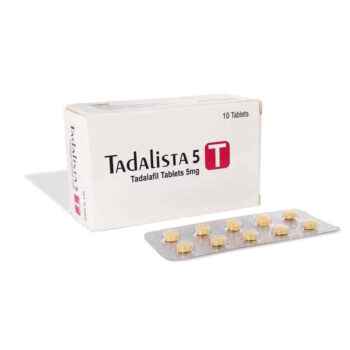
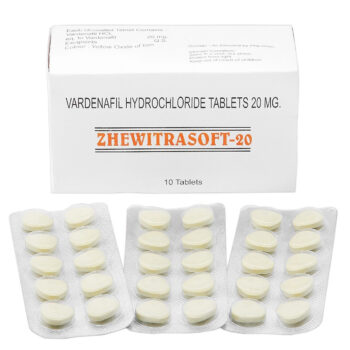

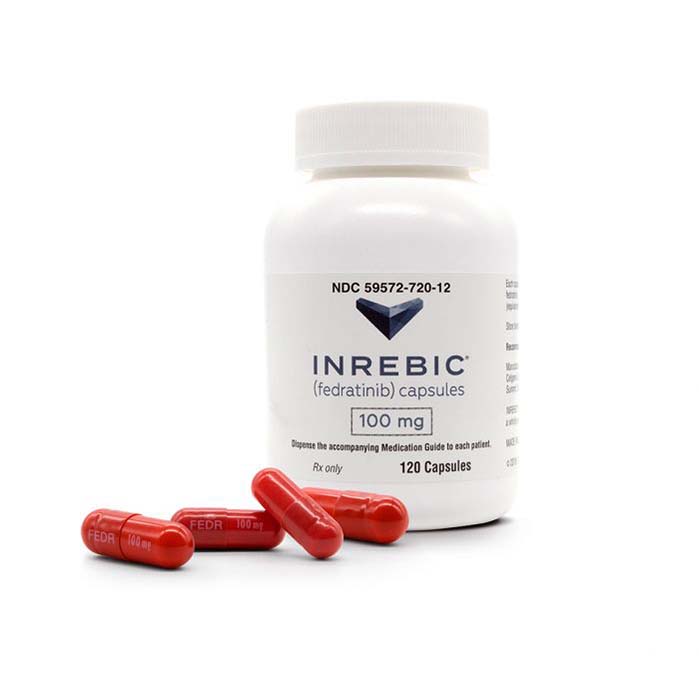
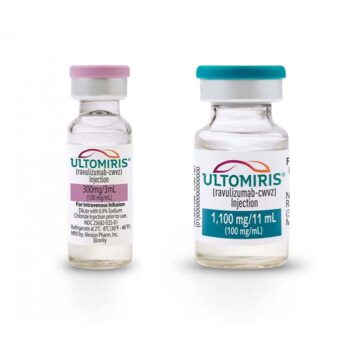


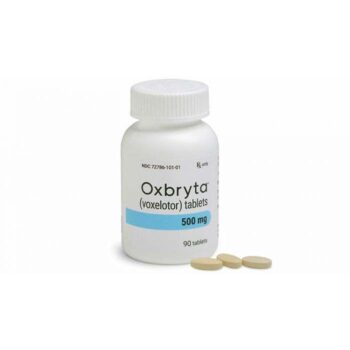

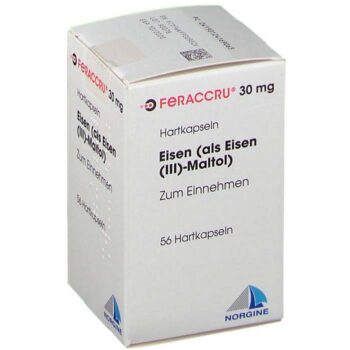
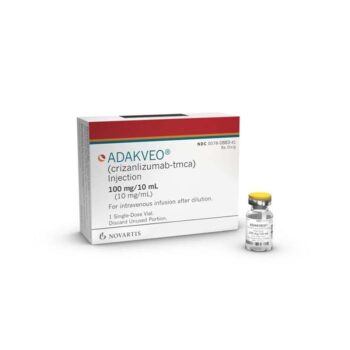


Reviews
There are no reviews yet.